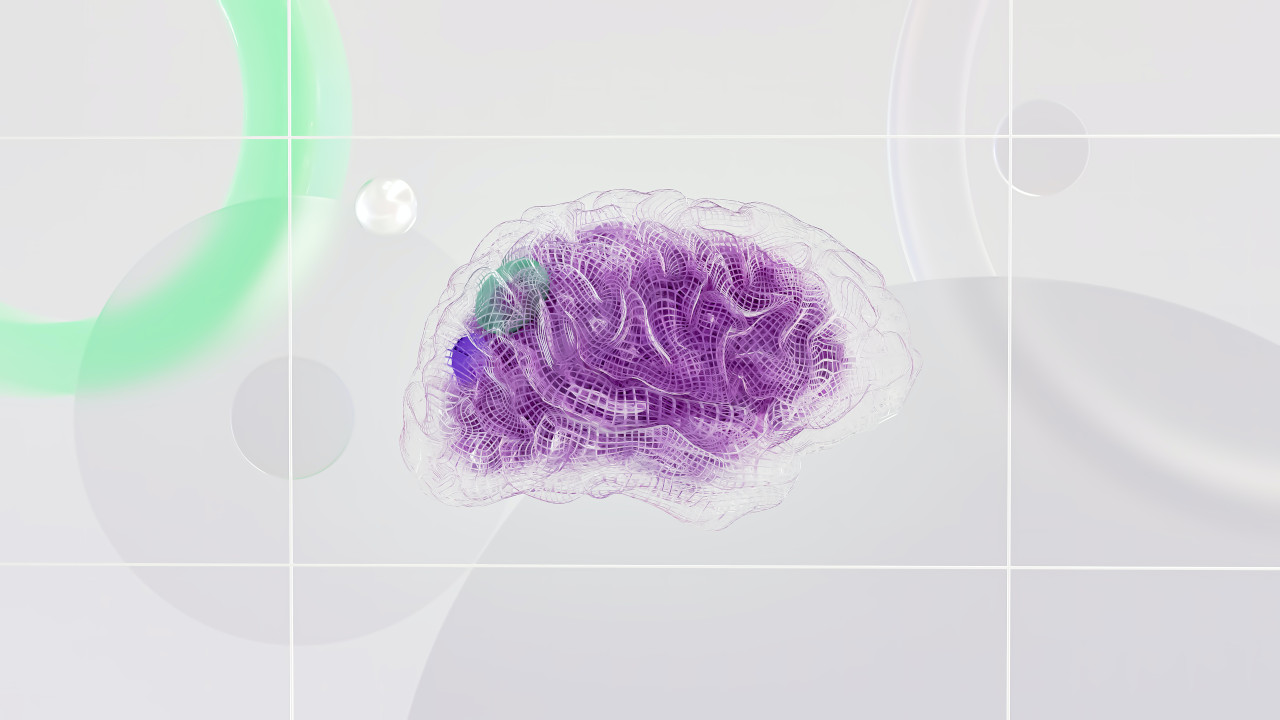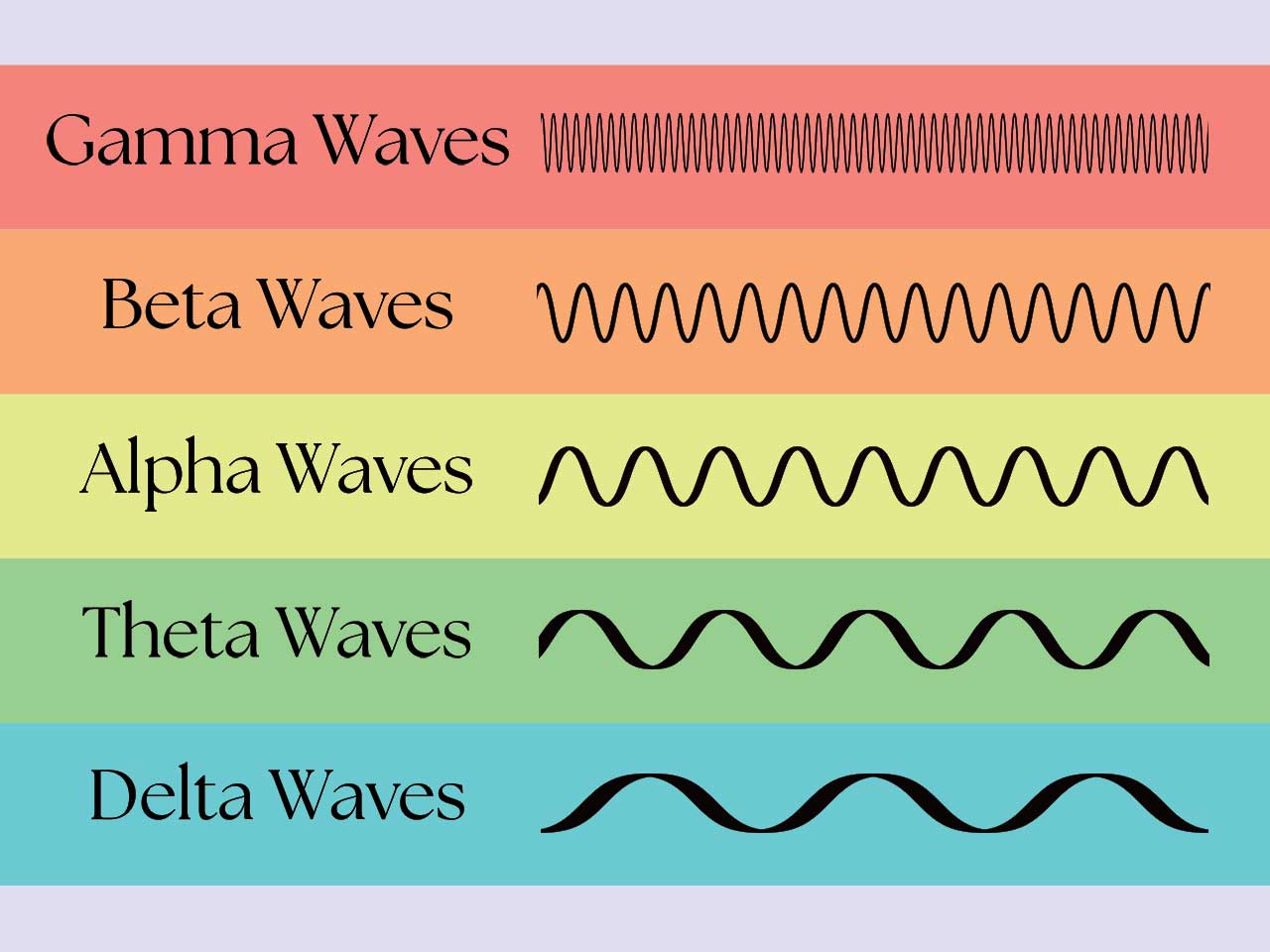It’s an often repeated recommendation that we get about 8 hours of sleep a night, but the quality of that sleep matters. As it turns out, the deepest stages of sleep are perhaps the most important.
Everything from your body’s repair and restoration, to brain function and memory consolidation, benefit from a good night’s rest. And a good night means hitting the very depths of sleep.
Unfortunately, many of us don’t get there or stay there long enough. Sleep is too often neglected when there are tasks to be done, and too easily disrupted by bad habits and routines.
Whatever might be causing that bad night’s sleep, it’s going to affect your health. Sleep plays a vital role in maintaining your overall physical and mental well-being. There is simply no remedy for poor sleep.
To get a better understanding of what happens when you sleep, and what you can do to help ensure you’re doing so effectively, this post will delve into the depths of sleep.
Understanding The Sleep Cycle

During sleep, your brain goes through several distinct stages, each characterized by different brain waves and physiological features.
At first, sleep was only divided into 2 stages based on their respective eye movements: non-rapid and rapid eye movement, or NREM and REM sleep, respectively.
As we’ve learned more about sleep the NREM stage has been further subdivided into 4 stages, simply named NREM stages 1, 2, 3, and 4.
Stage 1 is the lightest stage of sleep where brain waves are beginning to slow down into alpha waves. This stage typically lasts only a few minutes and is easy to be woken from.
Stage 2 continues the descent of brain waves towards theta activity, and lasts around 25 minutes. Your brain also produces “sleep spindles,” short bursts of activity in the range of 12 – 14 Hz that are thought to play a role in learning and memory.
Stages 3 and 4 are the deep stages of sleep, from which it is difficult to wake. These stages are often referred to as “slow-wave sleep” because of the slow delta brain wave activity that occurs.
Finally, during REM, your brain becomes more active and your eyes will twitch (hence the name rapid-eye movement sleep). This is usually the stage where you will have dreams.
Overall, the stages of sleep are characterized by a progression from lighter to deeper sleep and back again. Cycling through the stages takes between 80 – 100 minutes, and there are usually 4 to 6 full cycles each night.
The Connection Between Delta Waves And Deep Sleep
Delta brain waves occur during deep “slow-wave” sleep in stages 3 and 4. Delta waves are the slowest the brain produces, between 0.5 and 4 Hz.
As mentioned in the previous section, during the earlier stage 2 sleep you’ll find sleep spindles, but you’ll also find k-complexes, which are similar short bursts of activity, but not quite the same.
K-complexes are sudden, sharp waves, and are one of the largest events you’ll find in the brain. They’re thought to help keep you asleep by suppressing outside stimuli, but also seem to precede delta waves.
With the help of k-complexes you will successfully transition down from stage 2 to stages 3 and 4.
You’ll usually spend more time in deep sleep earlier in the night, somewhere between 45 – 90 minutes in the first cycle, but less time in the later cycles. Overall, 13 to 23 percent of your night will be in deep sleep.
10 Benefits of Delta Brain Waves
It’ll be difficult to wake you up during deep sleep, but a sign that you were disrupted during this stage, or that you didn’t get enough of it, will be a groggy and tired feeling when you wake up.
You need deep sleep to feel refreshed in the morning because it’s the main stage in which your body and brain repair and rejuvenate themselves.
The benefits of deep sleep are wide-ranging. Despite it occupying less than a quarter of your night’s rest, it plays an essential part in memory, cognition, aging, stress, your immune system, and more.
Let’s dig into the many ways deep sleep and delta waves make your life better, and ways you can improve the quality of your deep sleep.
1. Better Quality Sleep
More time spent in the slow-wave delta stage of sleep improves your sleep quality.
You get most of your deep sleep earlier in the night, as periods in this stage grow shorter towards the morning, suggesting it’s one of the first things your brain wants to achieve after your head hits the pillow.
You might spend more time in deep sleep if you’ve recently been sleep deprived, or if you’ve been feeling ill.
2. Replenishes Energy
It probably goes without saying that a good night’s sleep boosts your energy levels the next day. Anybody that’s had a poor sleep can attest to the lethargy induced and the extra cups of coffee required to get started again.
It turns out that slow-wave sleep in particular is essential for charging our batteries for the day ahead.
Deep sleep plays a big role in glucose metabolism, while levels of adenosine triphosphate (ATP) surge, which supplies your cells with much-needed energy.
3. Improved Immune System
Deep sleep strengthens your immune system, and as already mentioned even more deep sleep is recommended if you’re unwell.
There is a host of research showing the bidirectional link between sleep and the immune system, highlighting how changes in one affect the other.
Sleep helps to regulate certain cytokines and natural killer cells, and sleep deprivation can decrease your response to vaccines, leaving you more susceptible to infection.
4. Reduction in Stress And Anxiety
Stress is a common theme in many people’s lives these days and it’s often the cause of a poor night’s sleep. This creates a vicious loop as sleep deprivation makes us more susceptible to both anxiety and stress-related disorders.
Slow-wave sleep is also associated with the suppression of cortisol levels, a hormone that tends to rise with stress and reduces immune system activity.
5. Improved Cognitive Functioning
Almost every metric of cognitive performance is linked to sleep. Slow-wave sleep in particular has been found to improve memory, motor skills, and even language learning.
Slow-wave sleep disruption has been linked with increases in cerebrospinal fluid amyloid-β levels, which might drive the development of Alzheimer’s disease.
Another study found that greater slow-wave sleep led to better cognitive performance in those suffering from Parkinson’s disease, and both slow-wave and REM sleep have been linked to cognitive longevity.
6. Anti-Aging Hormones
HGH (Human Growth Hormone) helps maintain tissues and organs, promotes cell growth, and aids metabolism. It also declines as we age.
However, slow-wave sleep triggers the release of HGH, while the disruption of sleep both delays and diminishes its release. Turns out a good night’s rest can help maintain your youth.
Another hormone involved in aging is DHEA (Dehydroepiandrosterone), it’s produced by the adrenal glands but declines significantly as you get older—by your 70s or 80s it might only be 10 to 20 percent of what it was at its peak.
There is some evidence that sleep quality impacts DHEA release, and that DHEA release upon awakening influences our subjective evaluation of sleep quality.
7. Improved Empathy
Empathy might seem like an odd thing to be linked to sleep quality, but if we consider the old notion of ‘getting up on the wrong side of the bed’ to mean a grumpy mood after poor sleep, it starts to make sense.
Research also backs the point up. It turns out slow-wave sleep is significant in processing and consolidating emotional memories, and that sleep deprivation inhibits our ability to recognize emotions and drains our empathy.
8. Insomnia Relief
It’s no surprise that insomnia negatively impacts all aspects of sleep, leading to all sorts of problems. It’s also very prevalent, over 30 percent have brief experiences with it, 1 in 10 suffer chronically, and 75 percent of those over 65 years show symptoms.
Research suggests that the cognitive performance costs that result from insomnia come more specifically from its impact on slow-wave sleep. For all those people suffering from insomnia, it’s worth seeking out solutions.
Fortunately help is on the way. In the section below on how to increase deep sleep you’ll find a few additional tips, but worth mentioning here is binaural beats.
Binaural beats are two different sound waves played into each ear, for example 324 Hz in your left and 330 Hz in your right. The difference, in this case 6 Hz, is heard even though it isn’t exactly present.
What’s more, through the process of brainwave entrainment, that 6 Hz beat can prompt your brain into resonating at the same frequency. Several studies have found that this can help those suffering from insomnia.
9. Improved Memory
We’ve already briefly mentioned that deep sleep improves cognitive performance, but it’s worth highlighting its positive effect on memory specifically given that it’s such a crucial part of our sense of self, ability to function, and for personal development.
Slow-wave sleep is essential for consolidating memories and experiences of all varieties. If you study or learn something, deep sleep strengthens it, improving your factual recall ability.
Every type of memory benefits from deep sleep, while disrupting it causes a variety of problems. Go without sleep long enough, and not only will you be prone to forgetfulness and memory loss, but it puts you at greater risk of dementia.
10. Improved Mood
We know deep sleep improves empathy and our ability to recognize emotions in others, but it also has a strong effect on how we feel.
A lack of adequate sleep makes us irritable and short-tempered, it makes us prone to stress and anxiety, and it can even lead to feelings of depression.
A good night’s sleep helps keep those negative emotions at a distance, we feel more refreshed and energized, ready and motivated to tackle whatever the day throws at us.
How To Increase Deep Sleep Time
Now that we’ve seen the many ways deep sleep impacts our minds and bodies, both the good and bad results of slow-wave sleep or the lack of it, it’s time to look into ways you can improve the quality of your sleep.
Here are some of the best ways to increase your time in deep sleep:
1. Get morning sunlight:
Try to get outside for a 10-20 minute walk within 1 hour of waking to get early morning sunlight, which will help balance your circadian rhythm and make it easier to fall asleep at night.
2. Take a warm bath:
Taking a warm bath or shower around an hour before bed can be a helpful way to relax and prepare for sleep, while the drop in body temperature that occurs afterwards helps to signal to your body that it is time to sleep.
3. Change your diet:
Avoid eating heavy meals, and high-fat or spicy foods, too close to bedtime as it can lead to discomfort and indigestion. More generally, ensure you get a balanced and varied diet with plenty of fiber, and be careful of certain nutrient deficiencies, such as low levels of magnesium, iron, or vitamin D, as they can contribute to sleep problems.
3. Turn on relaxing music:
As mentioned earlier, binaural beats have been shown to help relax the mind and promote the delta brain waves associated with deep sleep. Another possibility is white or pink noise, which are similar to the static you hear from a TV tuned to a non-existent channel—turns out they can improve deep sleep too.
5. Work out regularly:
Regular physical activity improves sleep quality and duration, and helps reduce the risk of insomnia. Working out during the day also makes it more likely you’ll fall asleep faster and spend more time in deep sleep.
6. Practice meditation:
Meditation can be a helpful tool for improving sleep quality. One study found that cyclic meditation (a combination of meditation and yoga postures) helped produce deep, slow-wave sleep. It’s important to have recovery rituals to recharge.
7. Avoid caffeine and alcohol:
All of these can disrupt your sleeping patterns and inhibit slow-wave sleep. Consuming caffeine even 6 hours before bed can result in one hour less sleep, and while alcohol might help you relax at the end of the day, it tends to disrupt sleep homeostasis.
8. Avoid screens at bedtime:
We’re so dependent on our devices these days it won’t come as a surprise that over half of Americans surveyed by the National Sleep Foundation admitted to using their devices in bed once a week or more. Unfortunately, screen time causes sleep problems, so better to ditch it for a good book or some binaural beats.
Deep, slow-wave sleep is an essential part of the sleep cycle and is necessary for both physical and mental well-being. The delta brain waves produced during deep sleep help repair and refresh the brain, to get you functioning at your best.
Disrupting deep sleep, on the other hand, leads to problems ranging from memory loss to risks of infection and susceptibility to stress, anxiety, and depression. You can’t just rely on the other stages of sleep to get you by, it’s deep sleep you need.
Sometimes it feels like the modern world demands that more of our time be spent awake, that we should work and be productive at all hours, connected and plugged in at all times.
Such an idea is destructive and counterproductive. If you want to perform at your peak, get more done, and feel amazing while you’re doing it, getting that good shut-eye every night is paramount. There’s no way around it.
- How The Muse S Athena Works For EEG And fNIRS Neurofeedback - April 24, 2025
- The 10 Best Pomodoro Timer Apps For Remote Workers - April 11, 2025
- Hacking The Flow Cycle: Brainwaves, Creativity and Flow States - April 11, 2025





 This website uses cookies to improve your web experience.
This website uses cookies to improve your web experience.